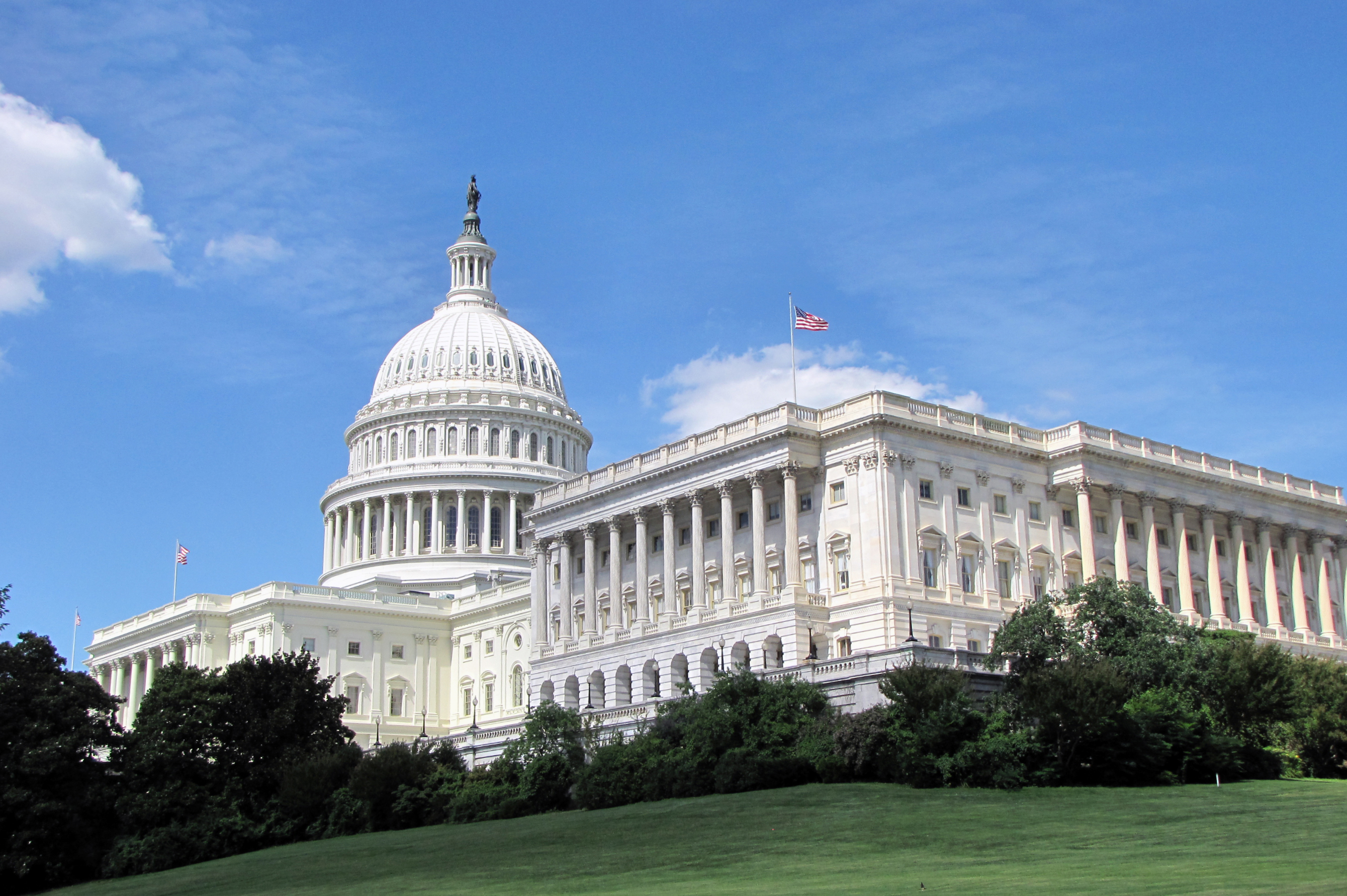
On December 21, 2020, as lawmakers itched to adjourn for the calendar year, the U.S. Congress passed “The Consolidated Appropriations Act of 2021” (H.R. 133), and it was signed by President Trump on December 27.
The colossal bill is estimated to be the fifth largest by volume ever passed by Congress. It combined the remaining fiscal 2021 spending with a fifth coronavirus stimulus package, as well as other provisions—such as tax extenders—avoiding a government shutdown before a December 28 deadline.
This buffet of spending legislation seemingly has something for everyone. Individual stimulus checks up to $600 per person started hitting bank accounts at the start of 2021. Small and medium-sized businesses can take out a second, forgivable Paycheck Protection Program (PPP) loan, and the program has once again been expanded to include 501(c)(6) businesses, such as BOMA local associations, and extended until March 31, 2021.
The massive spending bill is also noteworthy for what it lacks. No aid to state and local governments to help replenish coffers running dry from a lack of sales tax dollars means that states and cities may try to set their sights on commercial real estate to fill the tank back up. Additionally, the long-discussed liability protections for businesses making a best effort was used as a bargaining chip against $2,000 personal stimulus checks.
BOMA members scored a major win with Congress making permanent the Energy Efficient Commercial Building Tax Deduction (179D) after 15 years of grassroots and lobbying efforts. 179D is the only federal incentive for commercial building energy efficiency improvements, and one of the largest barriers to achieving it has been the uncertainty that Congress would keep it in the tax code. The $1.80 per square foot deduction will begin to increase with inflation. Additionally, the permanent 179D will be tied to the latest ASHRAE standard with a two-year lookback, meaning if you place a retrofitted building into service in 2021, looking back two years to the most recent 90.1 update will mean a building needs to exceed ASHRAE v.2019 by 50 percent. This is a big change, and one that might prove difficult, but making the deduction permanent was an important first step and a signal by lawmakers that they value its importance in the environmental stewardship targets of the industry. BOMA will continue to carefully monitor the feasibility of this new standard and how it impacts our members' sustainability goals.